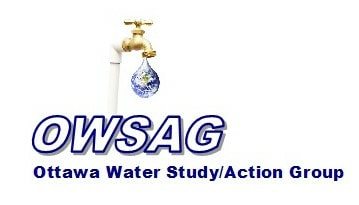|
Join us in pressuring the Federal Government to add single-use plastic water bottles to the their single-use plastic ban, starting with sending a message to the new Minister of the Environment and Climate Change, the Honourable Steven Guilbeault, at Steven.Guilbeault@parl.gc.ca.
Copy this letter below as a template and customize with your own words and name. Your unique voice matters and is needed at this crucial time, and this is a simple step to reduce fossil fuels and reduce the plastic impact on the natural environment. We also recommend phoning the minister to follow up at 613 992 6779. You can also tweet him directly with our message by clicking here.
0 Comments
Join us on December 2 at 7pm for an informative and informal discussion to learn first hand what actually went on at COP26.
OWSAG member Dr. Eric Schiller will interview local environmental activist Rob Samulack who was present at COP26 in Glasgow, followed by a Q&A with YOU! Hearing Rob's perspective will provide much needed balance to the political and media messaging. Register for the Zoom link by sending an e-mail to owsag.info@gmail.com About Rob Rob Samulack, an environmentalist from Ottawa has recently returned from the COP 26 UN Climate Conference in Glasgow. He attended as an official observer with the Christian Climate Observers Program, an inter-denominational, international faith group. The intent of the program is to bear witness to the official and unofficial proceedings, hear the stories of people from around the world who are already suffering from the consequences of climate change, and report back to the observers' home communities. Rob works as a registered nurse and is also trained as an engineer. He is a husband and father, and loves to be outside canoeing, cross-country skiing, biking and hiking. You can follow him on Twitter @canoebikeski. The Ottawa Water Study/Action Group has just received an official letter from the Ministry of Environment and Climate Change Canada (link to PDF) describing their plans to implement a ban on single-use plastics, but disappointingly dismissing our concerns over plastic water bottles. OWSAG is asking all concerned environmentalists to respond to this letter. Find below the response by Water Engineer, and OWSAG member, Dr. Eric Schiller, as well as the email address of officials whom you may wish to contact yourself. Feel free to copy us on your messages, using the email address owsag.info@gmail.com. 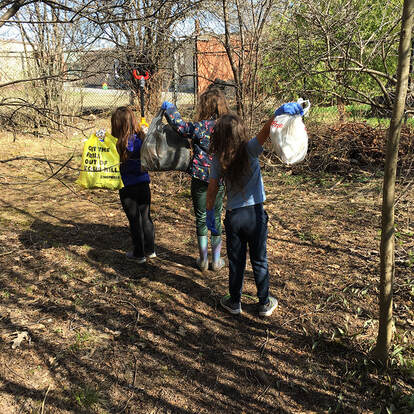 Kanata Earth Helpers using Spring Break to Help Mother Earth Kanata Earth Helpers using Spring Break to Help Mother Earth Maryanne MacDonald, OWSAG member and Ottawa grandmother Every year, a small forest next to the school that my granddaughter attends is cleaned up by the students to mark Earth Day. And every year, the children show up to find the forest floor littered with the detritus of a throw-away society: Plastic bottles, candy wrappers, coffee cups, chip bags, lost mittens and gloves, take out food containers and, my least favourite, broken pieces of styrofoam, and plastic bags of dog waste. All this trash makes the forest a less desirable location to visit with small children who like to explore and pick up what they find. In addition, especially on windy days this trash has a really good chance of ending up in our waterways. With school closing during the week of Earth Day, due to the pandemic, and the regular school break taking place the week before Earth Day, a group of young Earth Helpers decided to take on the clean-up task usually accomplished by their entire class. Their little task force are online learners, preschool, Grade 1 and Grade 4. After working together to assemble two claw picker uppers, four grocery bags, gloves for all, masks for all, and, of course, and adult assistant/supervisor, they headed off. But wait, before even getting to the forest, the garbage on the street needed to be collected. Once their street was clean, and the “full to the brim” grocery bag deposited in the garage, they ventured to their forest. By Eric Schiller OWSAG received an inquiry and concern regarding fluoride addition to our tap water as a reason to drink bottled water. Below is a response to the inquiry. Thank you for your comments on fluorides in our municipal tap water system. I will respond to your specific points but let me first make some general comments.
There are minerals in our drinking water. However, not all minerals are harmful. Some of them are beneficial. That is why some companies sell “mineral water”. Our regulated municipal water has various minerals in it. For example, calcium and magnesium have health benefits for us. When there is excessive calcium and magnesium in the water, we call it ‘hard water’. It is difficult to make soap suds and they leave a deposit when the water evaporates, but in moderate amounts these minerals are healthy. There are some minerals that are highly toxic and have no known health benefits. These are minerals like arsenic, mercury, lead and cadmium. These minerals are truly harmful. There is a third category some elements (not solid minerals), which though dangerous at high levels, can have beneficial effects at low levels. Chlorine is one of these elements. At low levels chlorine kills bacteria. Historically, the introduction of chlorination prevented many water-transmitted diseases (i.e. cholera and diphtheria). This saved millions of lives. However, at high doses, chlorine gas can kill people. Fluoride at low doses can strengthen teeth and bones. However, in higher levels it can disfigure teeth with a brown colouring. This is called dental fluorosis. At the turn of the 20th century some Indigenous peoples in the southern USA had dental fluorosis from fluorides in their natural drinking water. They also had a high resistance to dental cavities. Ottawa municipal tap water has a very low level of fluoride in the water (less than 0.7 mg/litre). As the accompanying graph (from the US Dept. of Health and Human Services) shows, a low level of fluoride does not produce fluorosis. Also, as the graph shows, the number of cavities decreases with the introduction of fluoridation. It is also true that an improved diet, sanitation and dental care has been shown to produce similar results. More on that later. Click the 'Read More' on the right to read the rest of the article. On April 22, we celebrated Earth Day by hosting a free screening of The Story of Plastic. More than 100 people signed up to see this seething expose uncovering the ugly truth behind the current global plastic pollution crisis. You can see segments of the film on YouTube. Supporters gave us thoughtful feedback and exciting ideas for action! In the discussion that followed, we shared ideas for responding to the plastic crisis here at home. We also received great feedback and ideas via email. We’ve synthesized that information in the document below. Where do we go from here? OWSAG will draw on those comments and ideas to plan upcoming actions to address the plastics crisis in our own communities. Let's work together! We invite you to stay connected to OWSAG, to hear about our plans and possibly get involved in our work. It’s easy, scroll down and sign up for our updates. We’ll let you know about our meetings and next steps. And if you haven’t had a chance to send us your thoughts yet, we’d still like to hear from you! Please email us your ideas and thoughts or post a message on our Facebook page.
Since a protest on April 22, 1970 against environmental exploitation, people around the world have celebrated this day to mark the need to protect Mother Earth. The WaterCare Allies of First United Church offered and coordinated A Time of Prayer for the Earth at 10:00 a.m. to celebrate Earth Day. Everyone was invited to join in this unifying experience of Sacred Activism. A Time of Prayer for the Earth
We invite you to sit quietly and clear your mind of the news that swirls around you. Slowly, take a few deep breaths....breathe in, breathe out....repeat five times. Listen for the call to action to heal the Earth. Listen for ways you can walk the talk. Listen for the ways Mother Earth is responding at this time of crisis, as we are all isolating to keep ourselves and others safe. Listen to the reduced noise levels with less traffic.... Listen to the songs of the birds, the babbling of the river rapids, the wind whispering in the trees. Listen to these natural sounds that were previously been drowned out in our busyness. Take a moment to be filled with gratitude for the incredible sounds of nature as we sit together in silence. Continue to breathe deeply and slowly. Bring to mind those things that come from the Earth that sustain us: The air we breathe The water we drink The food we eat The materials that build our homes The clothing that keeps us warm All of these come from the life-giving planet we call home. Take this moment to silently thank the Earth for all that you appreciate in your life. Thank you for sharing this time with us to honour Mother Earth. OWSAG is thrilled to announce that 55 community businesses and organizations have already stepped up to provide tap water as a blueW partner. That means 50 more locations across the city where people can refill their water bottles with a healthy, high quality alternative to water in single-use plastic bottles.
And we’re just getting started. Volunteers continue reaching out in neighbourhoods across the city, and the positive (even enthusiastic) reception we’re getting gives us great confidence we’ll meet or beat our goal of 200 partners in 2020. Check the map and directory to see which businesses in your neighbourhood have signed up. Don’t see your favourite neighbourhood businesses? Why not ask them to consider being part of the blueW network next time you visit? They can register directly, or reach out to OWSAG and we’d be happy to answer any questions they might have. We'd love your help getting the word out and growing the network of Ottawa blueW partners. By helping in your neighbourhood to sign up new blueW refill locations you help reduce single-use plastic bottle waste, support the hard work of local municipal water suppliers, make water more accessible to the public, raise awareness about water issues, and help your community achieve its sustainability goals. Find out more about OWSAG’s blueW campaign and how you can help. 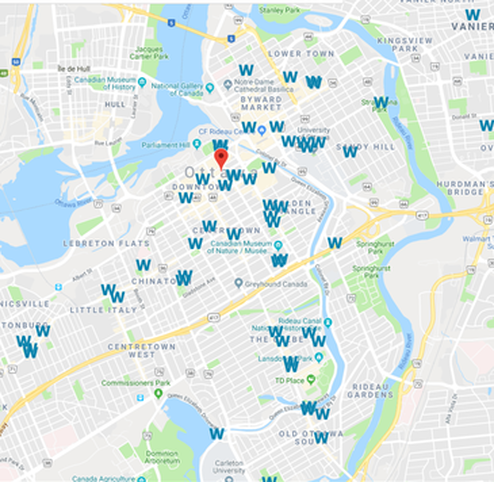 The Ottawa Water Study/Action Group is excited to be partnering with blueW to get your favourite community businesses to promote tap water! blueW is a unique community-based program dedicated to promoting municipal tap water as a healthy, easily accessible alternative to purchasing sugary, bottled drinks. blueW provides mapped details on where to find clean, free public and commercial sources to fill your reusable bottle without compelling people to make additional purchases. Community participation is the most important part of blueW. By helping in your neighbourhood to sign up new blueW refill locations you help reduce plastic bottle waste, support the hard work of local municipal water suppliers, make water more accessible to the public, raise awareness about water issues, and help your community achieve its sustainability goals. Learn how you can take part here! In early January, 2020, three representatives from Rebel News, an extreme right wing organization, visited the Xtinction Rebellion camp outside the Prime Minister's Office. Ann Cognito, a 50-year-old woman who walked from Calgary to Ottawa, established the camp outside the Prime Minister's Office in Ottawa on December 5, 2019. Ann is doing this to draw attention to climate breakdown and in the hope that the Prime Minister will commit to addressing the climate crisis.
Rebel News filmed their conversations with several people at the camp, including OWSAG founding member Dr. Eric Schiller who was on-site. You can find Dr. Schiller's comments at the 37 minute mark. For more information about Ann's call for action, check out her Facebook page The Expedition - Walk To Waken The Nation |
AuthorsBlog posts are written by members and other supporters of OWSAG Archives
November 2021
Categories |
||||||


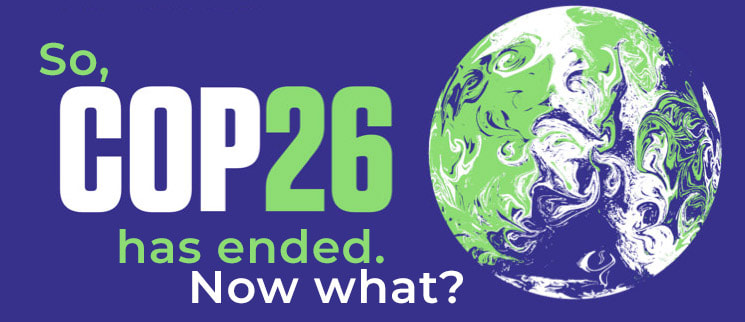
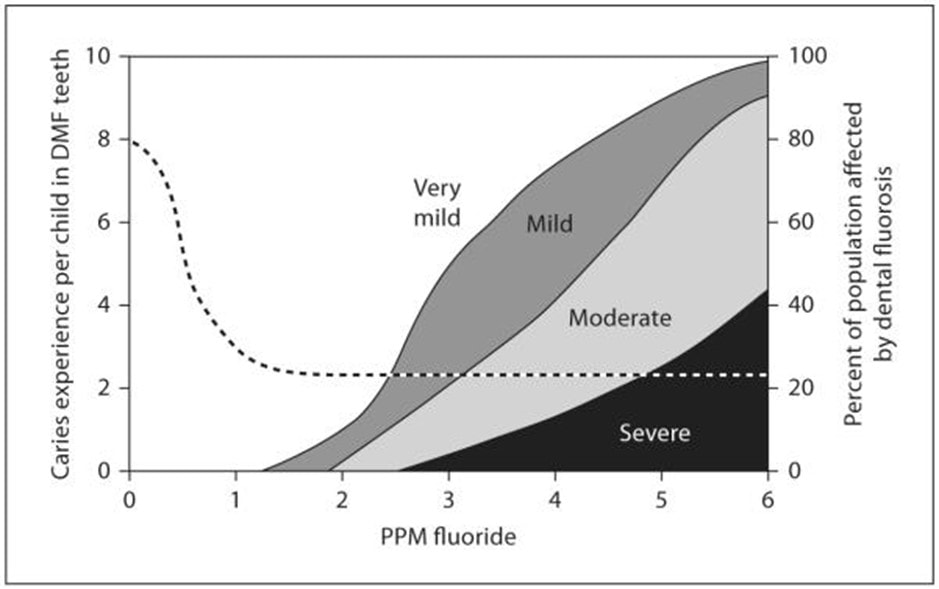
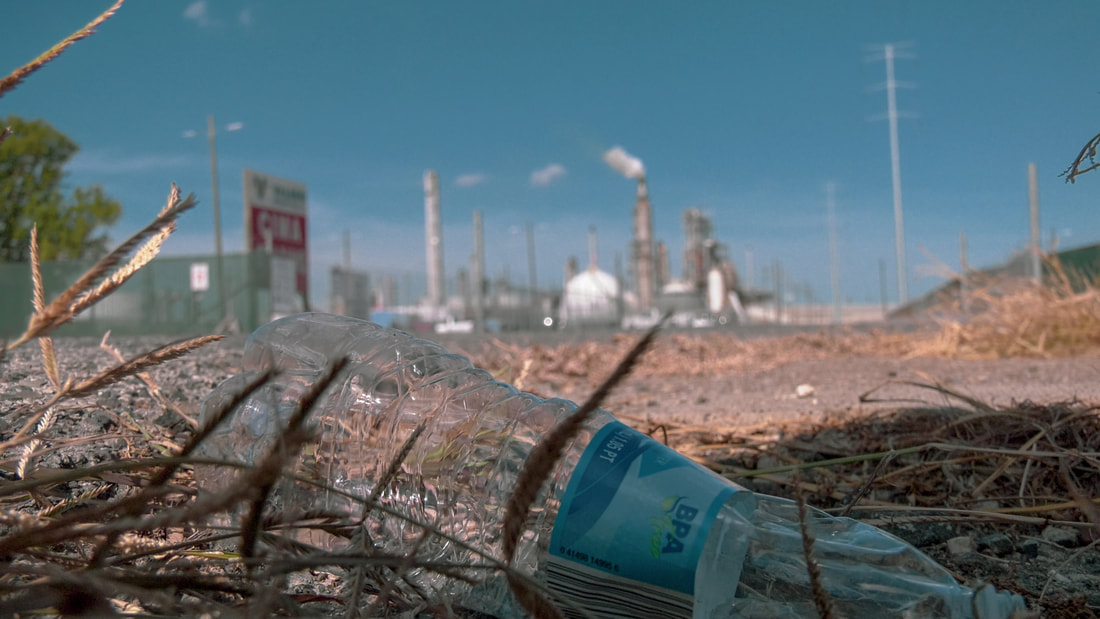
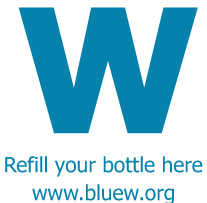
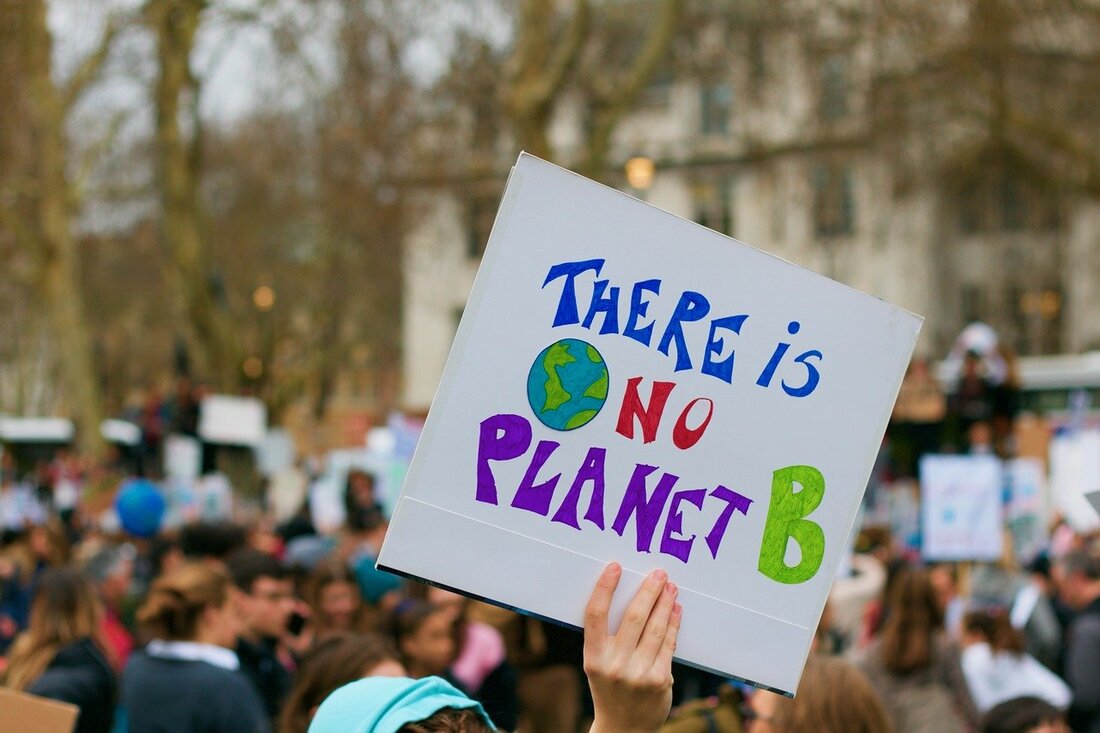
 RSS Feed
RSS Feed
